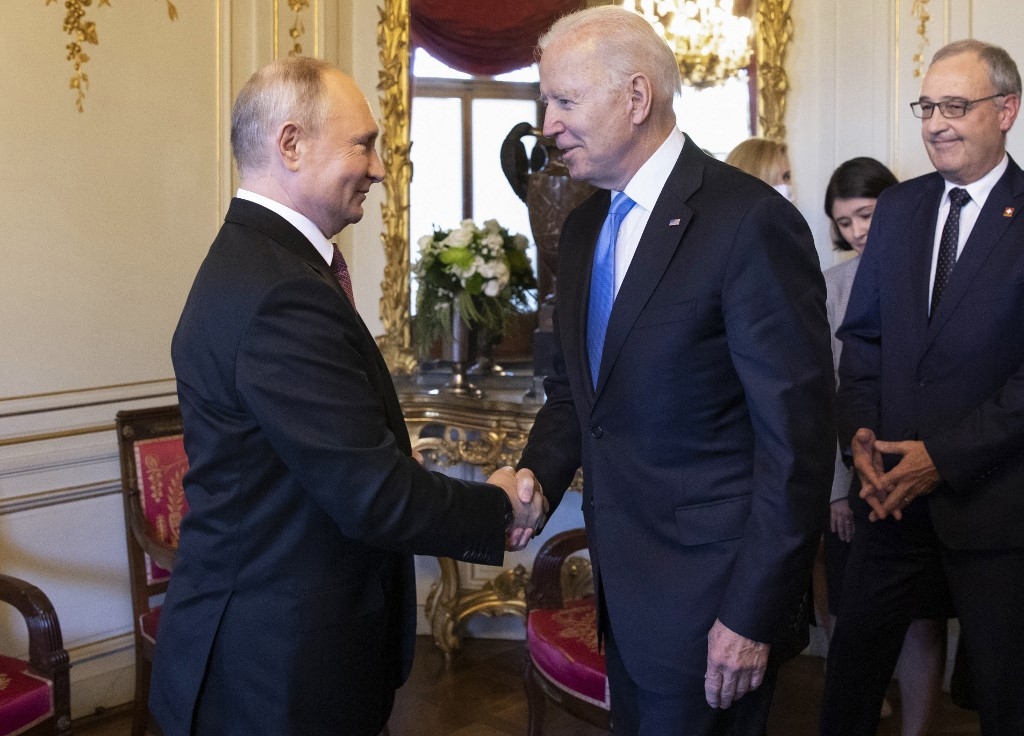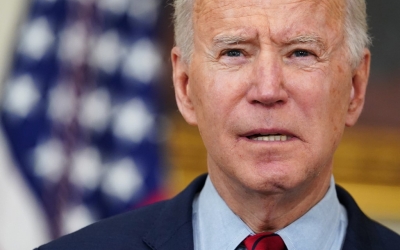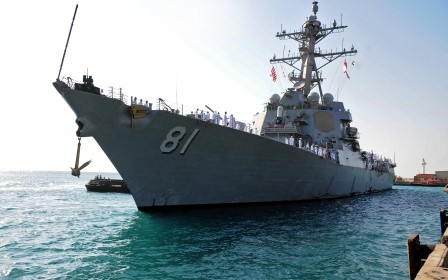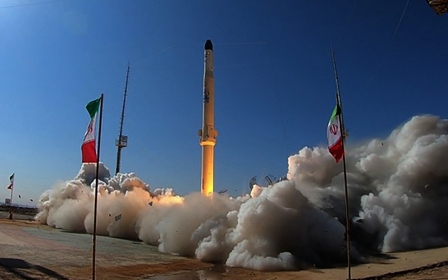Biden says he discussed Syria, Iran with Russia's Putin

US President Joe Biden and his Russian counterpart Vladimir Putin discussed a number of issues during a bilateral meeting in Geneva on Wednesday, including reopening humanitarian corridors in Syria and ensuring Iran does not obtain a nuclear weapon.
"There's a long list of other things we spent time on, from the urgent need to preserve and reopen humanitarian corridors in Syria so that we can get food, simple food, and basic necessities to people who are starving to death," Biden said during a news conference on Wednesday after the meeting.
Speaking at a separate news conference after Wednesday's talks, Putin said he believes that he and Biden "were speaking the same language" despite sharp disagreements on a variety of issues.
He said that Biden is "very constructive, balanced ... and extremely experienced".
Russia, an ally of Syrian President Bashar al-Assad, currently holds the key veto when the UN Security Council will vote next month on whether to extend the authorisation for the Bab al-Hawa border crossing between Turkey and rebel-held northwest Syria - the last aid crossing into the country.
New MEE newsletter: Jerusalem Dispatch
Sign up to get the latest insights and analysis on Israel-Palestine, alongside Turkey Unpacked and other MEE newsletters
Prior to Wednesday's meeting, Putin said in an interview with NBC News that any "assistance should be given through the central government", referring to the government led by Assad.
The aid crossing serves up to four million people in Syria's last remaining rebel stronghold. A decade of civil war in Syria has ravaged the country, killed more than 380,000 people, displaced millions, and left the economy in ruins.
Earlier this month, US ambassador to the United Nations Linda Thomas-Greenfield visited the border crossing to warn that closing it would bring "senseless cruelty".
Biden also said on Wednesday that he discussed "how it is in the interest of both Russia and the United States to ensure that Iran does not acquire nuclear weapons".
"We agreed to work together there because it's as much in Russia's interests as ours," he said.
Iran has long denied that it plans to obtain nuclear weapons and says it only wants to use nuclear energy for peaceful purposes.
Washington and Moscow were both a part of the 2015 Iran nuclear deal which lifted international sanctions against Tehran after it scaled back its nuclear programme.
The two countries are also part of the ongoing negotiations to facilitate a return to the deal, which former US President Donald Trump left in 2018. Trump followed the move by reimposing sanctions on the Islamic Republic, to which Iran responded by reducing its commitments to the agreement.
Earlier this week, the American and Russian delegations involved in the nuclear negotiations held talks, which senior Russian diplomat Mikhail Ulyanov said were "fruitful".
"Our dialogue in Vienna seems to be proof that the two countries can maintain businesslike cooperation on issues of common interest, non-proliferation in this particular case," Ulyanov said in a tweet.
Middle East Eye delivers independent and unrivalled coverage and analysis of the Middle East, North Africa and beyond. To learn more about republishing this content and the associated fees, please fill out this form. More about MEE can be found here.





